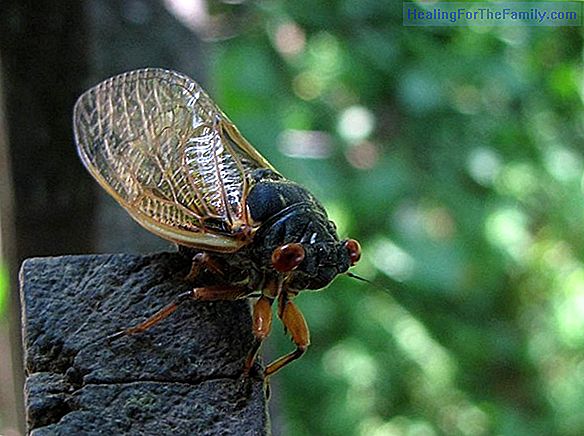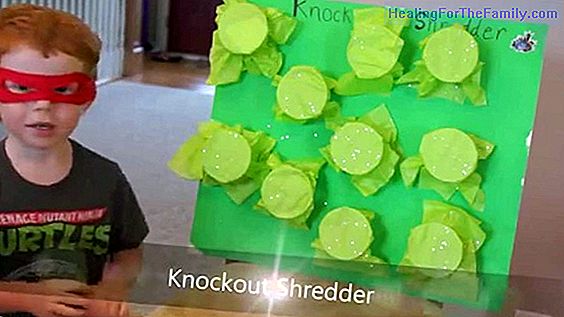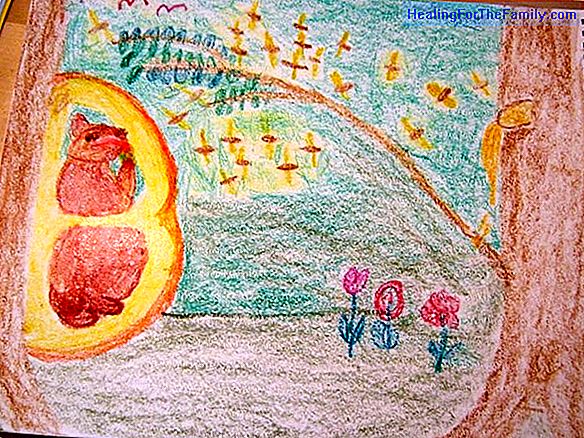Foods that hinder children's sleep
The appropriate nighttime rest of our children is, as well as a healthy and balanced diet, one of the bases for establishing healthy habits of life. However, we may not take into account the interrelation between both habits as much as we should. Although the statement "we are what we eat" is a fact
The appropriate nighttime rest of our children is, as well as a healthy and balanced diet, one of the bases for establishing healthy habits of life. However, we may not take into account the interrelation between both habits as much as we should.
Although the statement "we are what we eat" is a fact, it is not less the one that says "we sleep as we eat", so, especially in childhood, it is advisable to observe the eating habits if the sleep pattern does not is the appropriate or vice versa. To help you, we tell you what foods facilitate and hinder children's sleep. What foods harm children's sleep?
While there are foods that can help children sleep, others can sabotage it without us noticing and, interestingly, the opposite is also true, an inappropriate rest prompts to eat a diet much less healthy than a good rest .

- Sugars, caffeine and other stimulants,
pure cocoa between them, activate hormones and neurotransmitters involved in the attention stimuli and, if consumed late in the afternoon, can delay the biological start of the innate routine of the dream, that is, the way the body begins to relax. Las - Copious meals require a great energy for digestion, which is usually heavy, in addition to raising body temperature, and it seems that, according to a recent study, it is a decrease in body temperature which stimulates a good rest. It is advisable, therefore, to avoid copious dinners, and offer the child a good dinner but without overdoing it. Las - Foods rich in fat
decrease the quality of sleep, while those rich in carbohydrates, provided they are consumed early enough so that digestion is finished at bedtime, help to improve rest. Die - Diets that provide a small amount of vitamin C , thiamine and folic acid seem to have a negative influence on the number of hours children sleep, while, in the case of minerals, they are selenium, iron, zinc and phosphorus those that seem to have this negative effect.
- The amount of water
that is consumed also influences the quality of rest, so good hydration is paramount.In short, a balanced diet has a beneficial influence on the duration and quality of sleep.
A greater variety of foods in the diet, more likely to include all the nutrients that are needed and are related to a good rest, not forgetting that it is convenient to include complex carbohydrates, proteins from low-fat foods and healthy fats that include Omega 3 and 6 fatty acids, all watered with 4-8 glasses of water, depending on the age of the child.












